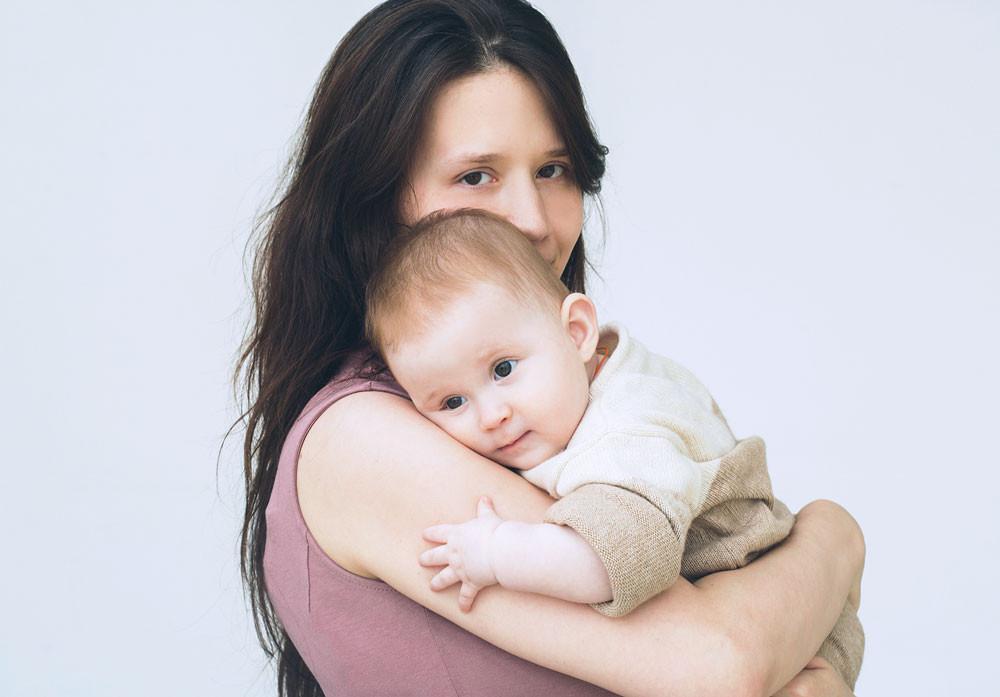PARENTS
The Top 10 Stresses of New Mums
For most new parents, caring for a baby is the toughest job we’ve ever had.

Written by
Dr. Harvey Karp

Unless you’ve spent lots of time babysitting or helping with younger siblings, mothering is neither automatic nor instinctive. For most new parents, caring for a baby is the toughest job we’ve ever had. So don’t be surprised to find yourself wishing you had six arms—like a Hindu goddess.
The Most Common New Mom Stresses
- Intense fatigue
- Inexperience
- Isolation from family and friends
- Intrusive family and friends
- Inconsolable crying (the baby’s that is)
- Irritating arguments with your partner
- Instantly stopping work (may come with loss of income, gratification)
- Insecurity about your body
- Intense pain (from delivery or breastfeeding)
- Indelible barf stains on every piece of clothing you own!
As you become a mom, you enter a vulnerable psychological space. Being in the midst of one of life’s most intense experiences—particularly having a colicky baby—can increase your vulnerability to other life stresses. The sum effect is that many women suffer from distorted self-perceptions and waves of anxiety and depression.
Fortunately, once the early pressures pass, you will most likely melt into a warm love that is more powerful and profound than any you’ve ever felt before. So, please be patient with your baby, your partner and most of all—with yourself!
Sleep can make all the difference, no? Happiest Baby’s SNOO Smart Sleeper calms crying, boosts sleep and can make the first months more manageable (and enjoyable) for new parents. Learn more!
Disclaimer: The information on our site is NOT medical advice for any specific person or condition. It is only meant as general information. If you have any medical questions and concerns about your child or yourself, please contact your health provider. Breastmilk is the best source of nutrition for babies. It is important that, in preparation for and during breastfeeding, mothers eat a healthy, balanced diet. Combined breast- and bottle-feeding in the first weeks of life may reduce the supply of a mother's breastmilk and reversing the decision not to breastfeed is difficult. If you do decide to use infant formula, you should follow instructions carefully.
SHARE THIS ARTICLE
PARENT PICKS
Bestsellers



















